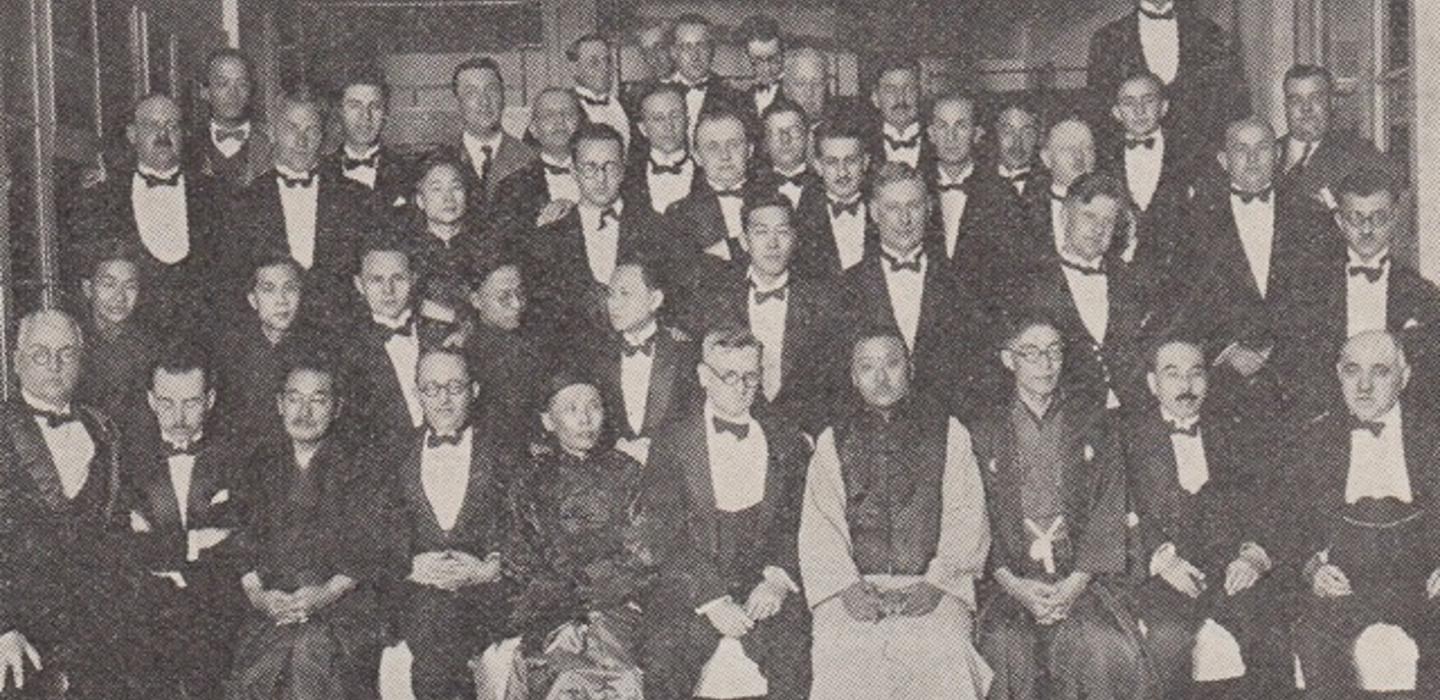China played an important role in the early days of the Lions Clubs International, as the organization was just starting to expand.
China was the third nation to host a Lions club, after the United States and Canada. In October 1926, a group of business and community leaders in the port city of Tianjin (formerly Tientsin) received their club charter. Reflecting the city’s cosmopolitan character and its importance as an international trading center, the membership was evenly divided between leading Chinese citizens and foreign nationals—Americans, British, French, Germans, Italians and Hungarians, among others.
A few months later, a second Lions club was founded less than 300 miles away in Qingdao (formerly Tsingtao). Lions clubs ceased operations in China in 1949, following a change in government.
Lions’ sight mission was the key that reopened doors in China. In the early 1990s, Lions leaders including Wing-Kun Tam, a Lion from Hong Kong who would serve as international president in 2011-2012, initiated talks with Chinese government officials about helping to restore sight to millions of Chinese through cataract surgeries. An estimated 20 percent of people in the world who are blind from cataracts live in China, and every year there are 400,000 new cases.
Lions soon found a loyal friend and champion in Deng Pufeng, chairman of the China Disabled Persons’ Federation and the son of China’s leader at the time , Deng Xiaoping. Deng Pufeng energetically took up the Lions’ proposal and helped guide it through numerous government ministries.
A few years later, in 1999, Lions launched SightFirst China Action in partnership with the China Disabled Person’s Federation and China’s Ministry of Health. With US$35.7 million in Lions Clubs International Foundation SightFirst Action grants, the effort has supported more than 5 million cataract surgeries, helped train more than 50,000 doctors, nurses and health care workers, and upgraded more than 300 eye hospitals and clinics.
SightFirst is working with its partners in China to increase low-vision services, including pilot centers in Liaoning and Guangdong provinces, to assess if blinding trachoma is a public health problem in China. SightFirst in China is also working to develop a regional training program model in Liaoning Province that better links eye care services in urban areas to those in rural areas.
With these spectacular results, the formation of new Lions clubs in China was not long in coming. In 2002, with the full support and endorsement of the Chinese government, Lions Clubs International issued charters to new clubs in Guangdong and Shenzhen with about 60 members each. Lions have grown rapidly in China. By 2015, there were 26,000 members in 758 clubs, ranking China among Lions’ fastest growing regions worldwide.
Read the entire collection of Touchstone Stories at Lions100.org!

